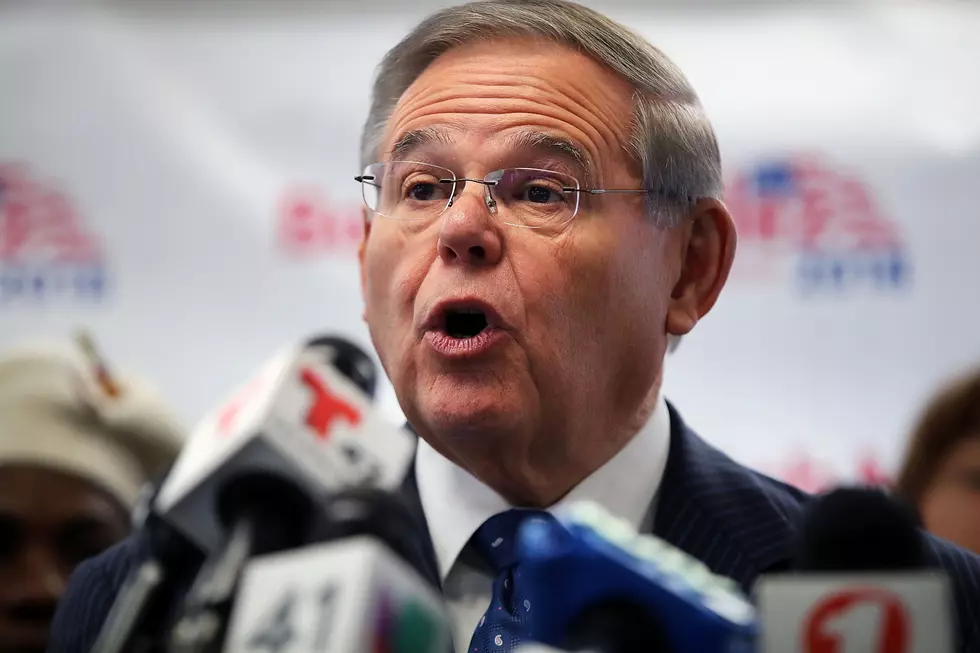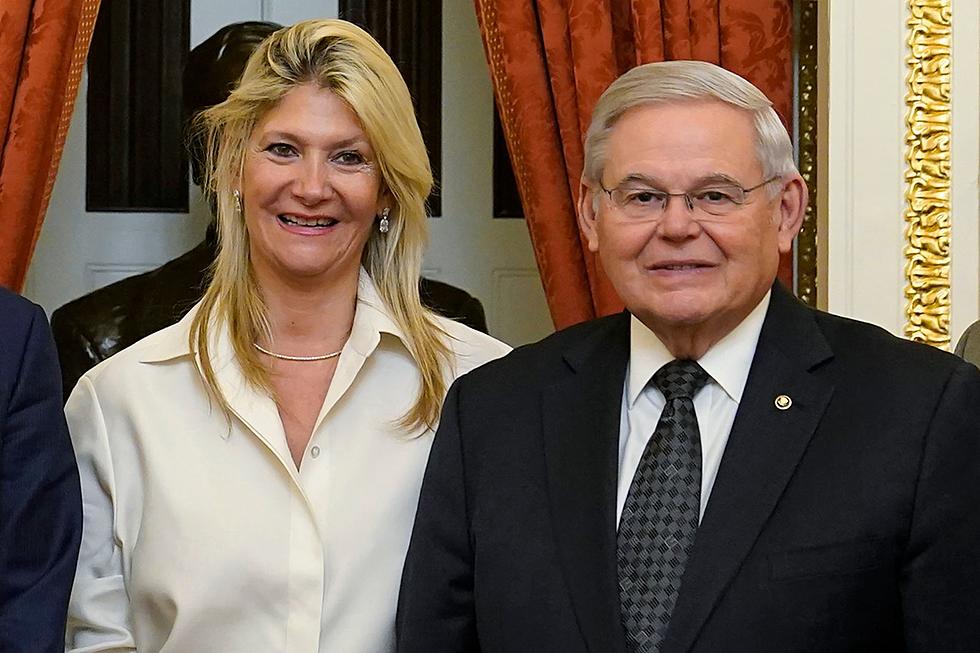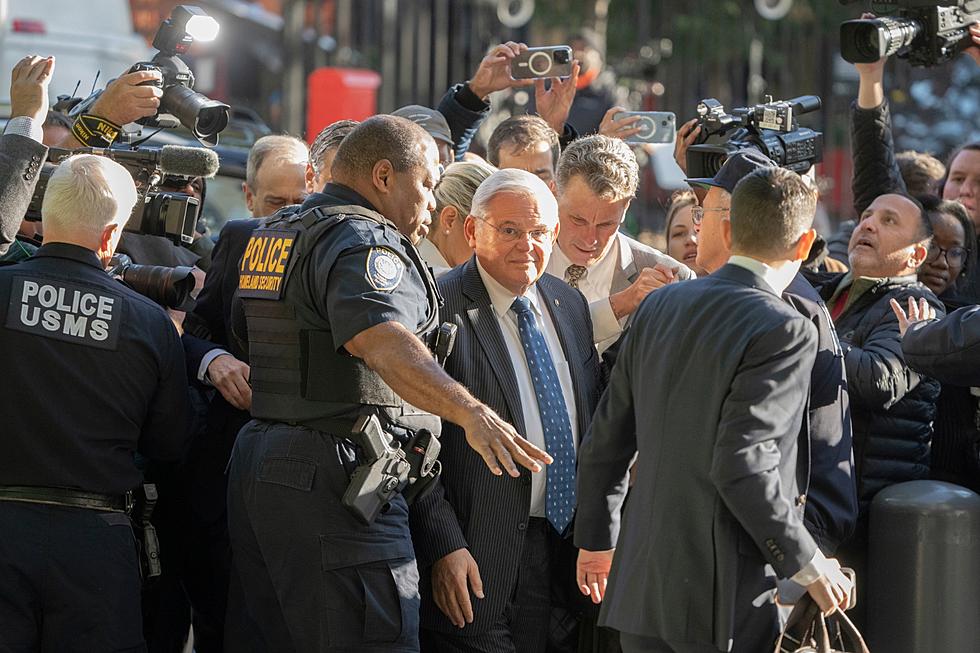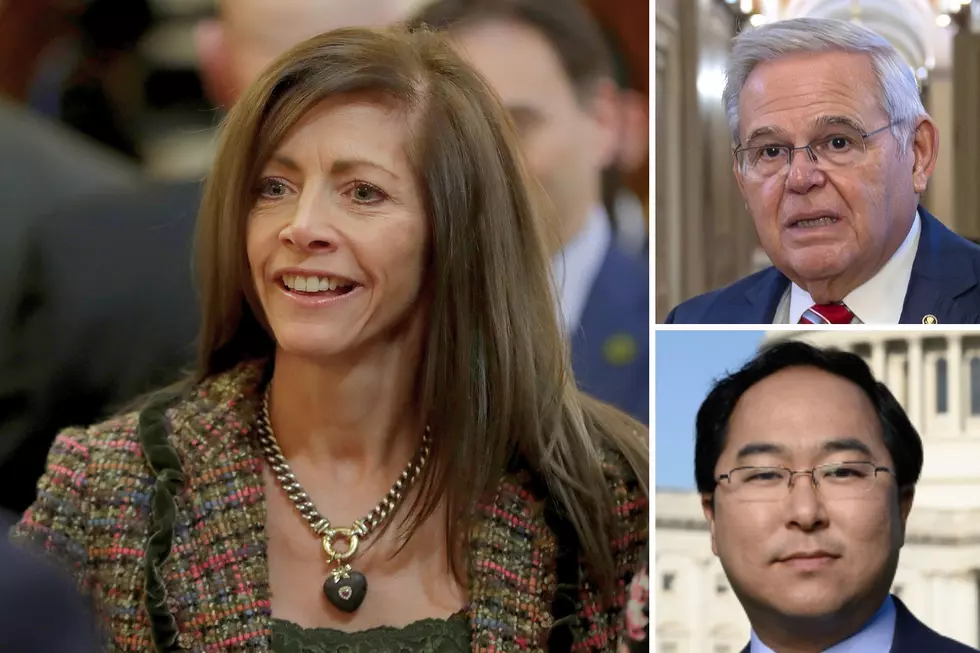
NJ mayors say $500B fund for states and towns a needed lifeline
New Jersey mayors are throwing their support behind a proposal by U.S. Sen. Bob Menendez to give $500 billion to state and local governments to address a fiscal crisis mounting due to their coronavirus revenue losses.
Menendez said essential government services are in jeopardy as states, cities and towns “face a one-two punch” — increased demands for spending and decimated revenues.
“At a moment when these jobs have never mattered more, the reality is there may not be enough money to pay our police officers, firefighters and paramedics, our teachers, public health and sanitation workers,” he said. “And mayors are grappling with the tough decisions about what and who might have to be cut.”
“A national emergency requires a national response,” Menendez said.
New Brunswick Mayor Jim Cahill said in normal times, the city’s property tax collection rate is 99.9%.
“But our early projections, and we believe them to be realistic, put us at approximately 80%,” Cahill said.
The city furloughed around 270 workers, froze hiring and suspended some nonessential services and intracity transportation. That saves around $4 million but still leaves a projected $30 million gap.
Cahill said the options then are drastic cuts to essential services and “bankruptcy, which clearly is not an option that anybody wants to pursue, or massive unforeseen and never-seen-before tax hikes.”
Cherry Hill Mayor Susan Shin Angulo said there could be significant financial impacts in both the short and long terms, particularly for the restaurants and stores that account for a vital commercial tax base.
“It is a very real concern that some of our neighborhood businesses will struggle to pay their bills including the property taxes and may have to close their doors altogether,” Angulo said.
The losses which go beyond property taxes. Mayor John Ducey said Brick’s recreation fees are down 16%, even before softball refunds are issued. Municipal court revenues are down 18%. Permit and inspection fees are down over $450,000, part of $1 million in lost revenues in just six weeks.
“We are not hiring any of our part-time or seasonal employees, which obviously affects our services here as a beach town greatly because we will not have lifeguards,” Ducey said. “We will not have our parks department taking care of our parks. We will not have our summer camp.”
Ducey says the township is looking at voluntary furloughs very soon, followed by possible layoffs, depending on how the furloughs go.
Wayne Mayor Christopher Vergano said the revenue problems run the gamut from lost hotel taxes to a big reduction in traffic fines.
“Our police enforcement has changed dramatically during the virus,” Vergano said. “Our number of tickets are way down because we’re fearful of who we’re pulling over and whether or not they are infected.”

Menendez said the bill will be formally introduced later this week. He developed the idea with Republican Sen. Bill Cassidy of Louisiana and said three other Republican senators are in discussions to possibly join as sponsors.
The CARES Act provided direct funds to governments serving populations of 500,000 or more – so just nine counties in New Jersey qualified. The current plan lowers the threshold to 50,000, which qualifies all New Jersey counties and 37 municipalities.
Menendez said it may be lowered even further to attract more bill sponsors.
More from New Jersey 101.5:
KEEP READING: NJ residents return to parks, beaches
Michael Symons is State House bureau chief for New Jersey 101.5. Contact him at michael.symons@townsquaremedia.com.
More From New Jersey 101.5 FM









